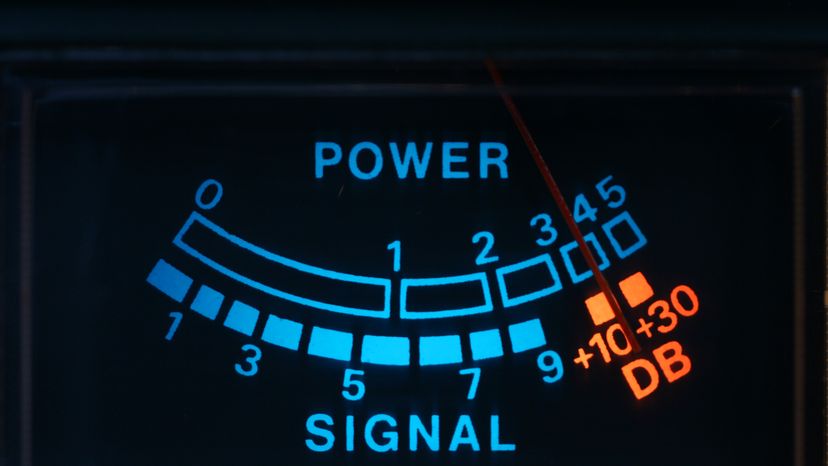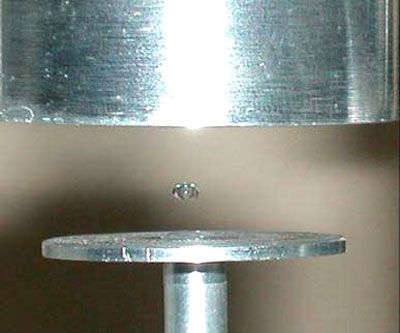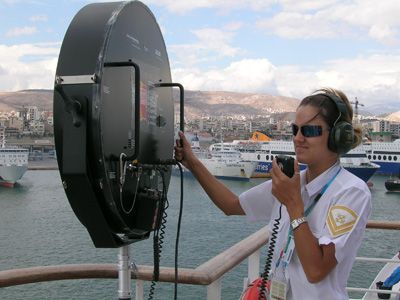
Key Takeaways
- Sound can travel through air, water and solids but not through a vacuum, as it requires a medium to propagate.
- The speed of sound in air is approximately 1,130 feet (344 meters) per second at room temperature, though this speed can vary with changes in temperature and humidity.
- You can perform a simple experiment involving two blocks of wood, a stopwatch and a tape measure to measure the speed of sound in air by calculating the time it takes for the sound to travel a known distance.
Sound can travel through most materials -- the most commonly known being air (gas), water (liquid) and steel (solid). However, it does not travel at all in a vacuum, because the sound waves need some kind of medium in which to travel. In addition, some materials absorb, rather than reflect or pass, sound waves. This is the basis of soundproofing [source: Kurtus].
The average speed of sound through air is about 1130 feet per second (344 meters per second) at room temperature. However, changes in temperature and humidity will affect this speed [source: Kurtus].
Advertisement
Here is a simple way to measure the speed at which sound travels through air. You'll need the following items:
- Two blocks of wood, or other items that make a loud, sharp sound when struck together
- A stopwatch
- A friend to help with the experiment
- A tape measure
Instructions:
- Find a large empty area, such as a field or large court.
- Choose two spots on opposite ends of the area where each person will stand.
- Measure the distance between the two spots using a tape measure. Alternatively, you can count off measured steps between the two spots.
- Have your friend take the blocks and stand at one spot, holding them up high.
- Take the stopwatch and stand at the other spot. Make sure you have a clear view of the blocks.
- Signal your friend to bang the two blocks together hard.
- Start the stopwatch as soon as you see the blocks hit each other.
- Press stop as soon as you hear the sound from the blocks.
- Calculate the speed of the sound by dividing the distance between you and your friend by the elapsed time. To get a more accurate measurement, repeat the above steps a few times and then take an average of the results [source: Green Planet Solar Energy]. //]]]]> ]]>
Advertisement


